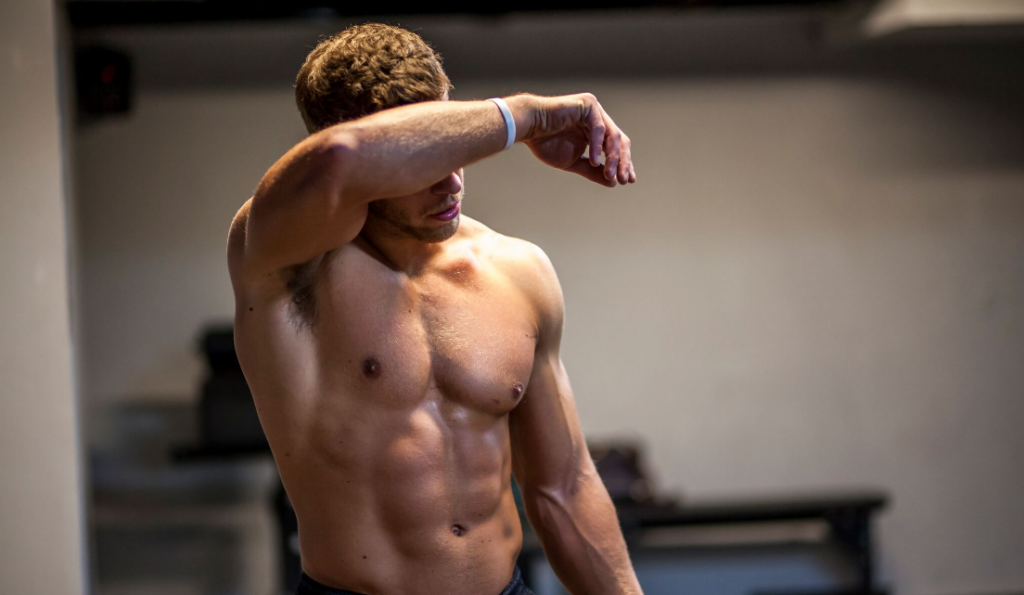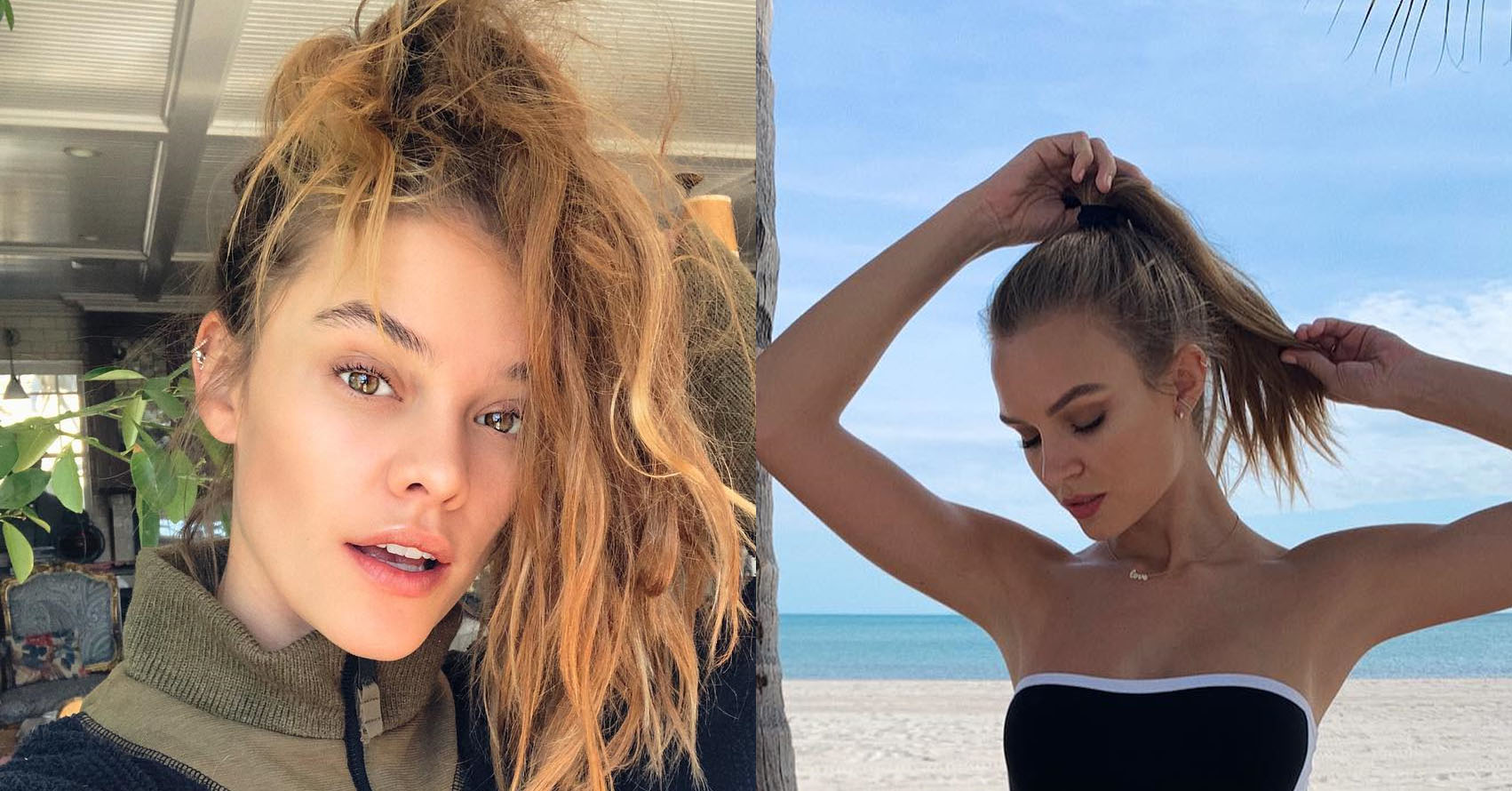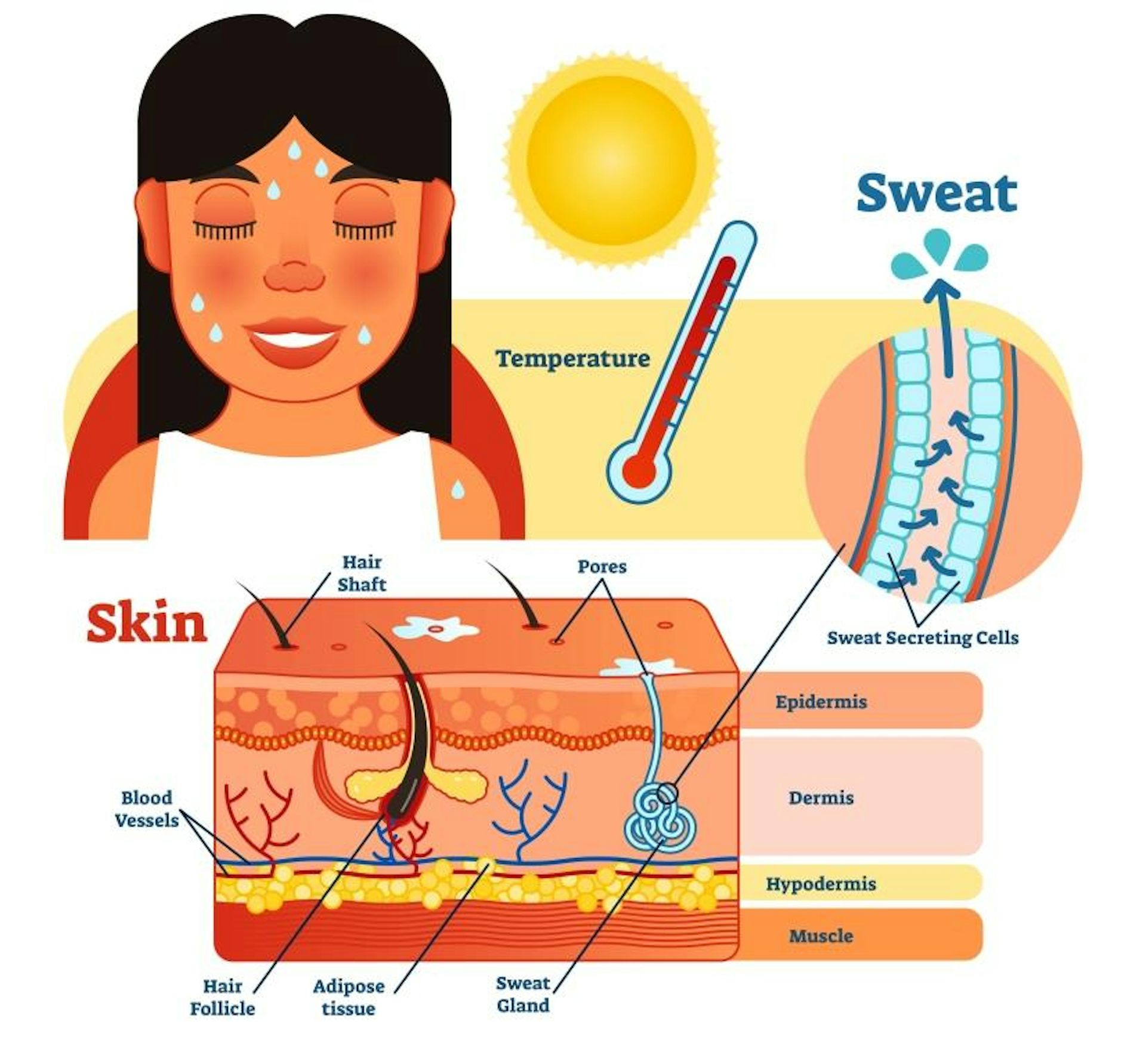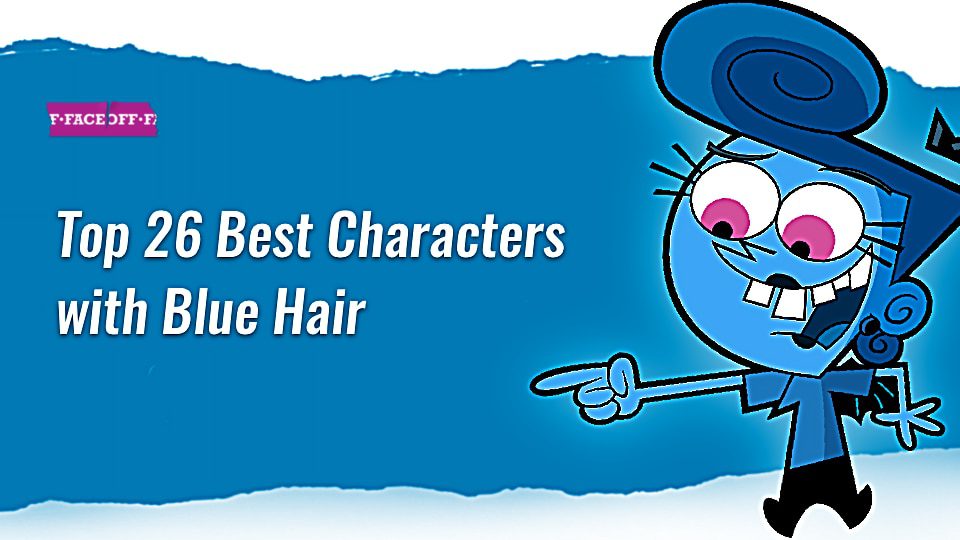Table Of Content

If you love dry shampoo but hate the powdery residue some formulas leave behind, cop this pick from Davroe, which can be used in between washes or to preserve the life of your ‘do. There are a few people who sweat in their grasp and feet while there are some other individuals who sweat on their scalp. On the off chance that you are somebody who sweats too much, overabundance stress can be one reason. At some point in time having the wrong hairstyles can likewise influence your hair wellbeing. On the off chance that you experience very sweaty scalp that prompts oily hair, you ought to maintain a strategic distance from tight pigtails or other comparative tight hairstyles. Warmth and exercise are the two primary supporters of hair or scalp sweat.
Taylor Swift left soaked with sweat with her hair wildly curling as she battles Singapore's infamous humidity - Daily Mail
Taylor Swift left soaked with sweat with her hair wildly curling as she battles Singapore's infamous humidity.
Posted: Fri, 08 Mar 2024 08:00:00 GMT [source]
Adequate Sleep
If you think that you might be sweating more than normal, it’s a good idea to see a doctor. There are a number of treatments available for excessive sweating, including prescription medications and surgery. The body naturally produces excessive sweating when dehydrated. Drinking a lot of water helps prevent sweat and aids in digestion. If you experience excessive sweating without an underlying health condition, the doctors have a solution to help prevent this from happening.

Is It Safe for Your Body to Stop Atenolol Suddenly? How to Stop Taking Atenolol Safely?
They’re also soothing and cooling, which can further cut down on the itchiness you experience. They also leave behind potent antifungals, which can help prevent your symptoms from coming back in the future. As the population grows, you’ll develop symptoms like itching, burning, and flaking. Luckily, these symptoms usually resolve once you wash away the yeast, salt, sebum, and bacteria.
What Is 1A Hair? How To Take Care of It, Styles, Products, and More
The term “hyperhidrosis” means excessive (hyper) sweating (hidrosis). It can occur on its own, or as a result of another condition or medication. When excessive sweating affects the head and face, it is known as craniofacial hyperhidrosis. If your head sweats a lot, and this significantly impacts your mental health and daily life, seeking professional help can be a beneficial step.

If you feel a flush coming on, taking slow, deep breaths can stop it getting worse. If a dermatologist suspects secondary hyperhidrosis, you'll likely have further tests to determine what's causing your heavy sweating, followed by treatment for the underlying cause. Normally, your body sweats to regulate its temperature, and you sweat more during exercise, hot conditions, and stressful situations. It might be time to change up the hair-washing routine to see how your hair can look and feel. If you’ve been experiencing some of the side effects listed below it could be a direct result of sleeping with wet hair.
While scrubbing down is the perfect activity regular washing makes it dry! We realize every one of the issues related to a sweaty exercise session since we face it as well, so here are the means by which you can deal with your hair after an exercise. If you feel embarrassed or frustrated by excessive sweating from your face and head, speak with your doctor or a dermatologist to determine the cause and best treatment for you. When it mixes with the dirt and sebum on your scalp, it can create an ideal environment for bacteria to grow. If you are not able to wash your hair after sweating, you may want to try using a hair mask. A hair mask can help to remove sweat and dirt from your hair and scalp and it can also help to moisturize your hair.
Medical Professionals
If this happens to your face and head, you will automatically sweat, making your hair wet. If you find excessive sweating making your hair wet affects other parts, don’t get embarrassed. Instead, look for help by visiting your doctor for a proper diagnosis.
Use A Clarifying Shampoo
For this situation, there are different alternatives to such a steam shower. Many still find it difficult to believe that there are various individuals who don’t sweat even at the point when they are working out. You can make your own one of a kind dry cleanser by utilizing a blend of a balance of cornstarch, arrowroot powder, and cocoa powder. This is very simple… In the sense that many of us have more sweat organs on our heads than others so with this, we should never worry about the rate at which we sweat in general.
And unfortunately, sweat-related itchiness can develop in a few different ways. People should also contact a doctor about sweating that causes excessive embarrassment, reduces self-esteem, or interferes with daily activities. This surgical treatment for hyperhidrosis involves cutting or clipping the nerves responsible for triggering sweating in the affected area with very small incisions. Sometimes, treating the underlying cause will reduce or stop secondary hyperhidrosis.
With secondary hyperhidrosis, your sweat glands overreact throughout the body due to medications or a medical condition, producing more sweat than is necessary. This goes beyond the sweating from being in a hot environment, exercising, or feeling anxious or stressed. The type of hyperhidrosis that usually affects the hands, feet, underarms or face causes at least one episode a week when you're awake. The reason your head sweats more than other parts is largely due to the high concentration of sweat glands in your scalp.
This study supports several other studies9,12,22,28,29,48,49 where hair cortisol was related to BMI, and found a significant positive correlation between BMI and the hair cortisol level of the studied participant. We also could not find a significant correlation between hair cortisol and waist circumferences. Similarly, a significant correlation between hair cortisol level and BMI and waist circumference was not found in a study done in Amsterdam on elderly individuals26. In a study on 300 adults and children, no differences in hair cortisol levels were found between subjects of a normal weight and the overweight and obese51. Hair cortisol, age, and frequency of hair wash were log transformed for correction of skew. Correlation of hair cortisol with PSS, frequency of hair wash, degree of sweating, and other variables were assessed using Pearson’s correlations, and significant correlations were shown using scatterplot matrices.
That’s why fungal infections (think diaper rash, jock itch, athletes’ foot, etc.) are so common within the folds and crevices of your body. They’re places that tend to accumulate sweat — which is, of course, both warm and moist. The average starting age is actually between 45 and 55 and it can often depend on a number of factors including hereditary, weight and health, however every single woman will have an individual menopause.
The study includes healthy individuals with age between 18–70 years, who were either the hospital staff, relatives, or patient accompanies. Eccrine sweat glands occur over most of the body and open directly onto the skin's surface. Apocrine glands open into the hair follicle, leading to the surface of the skin. Apocrine glands develop in areas with many hair follicles, such as on the scalp, armpits and groin.
Another way sweat contributes to hair loss is through the accumulation of lactic acid. Another reason sweat contributes to itchiness is that a damp, oily scalp is the perfect breeding ground for a whole host of yeast and bacteria. The microbes feed on the oil and dead skin cells and start to multiply. As the sweat flows through your scalp, all of that dirt and oil is spread to the rest of your scalp and hair. And the dirtier your scalp is, the more likely you are to experience itchiness, flaking, and discomfort.















